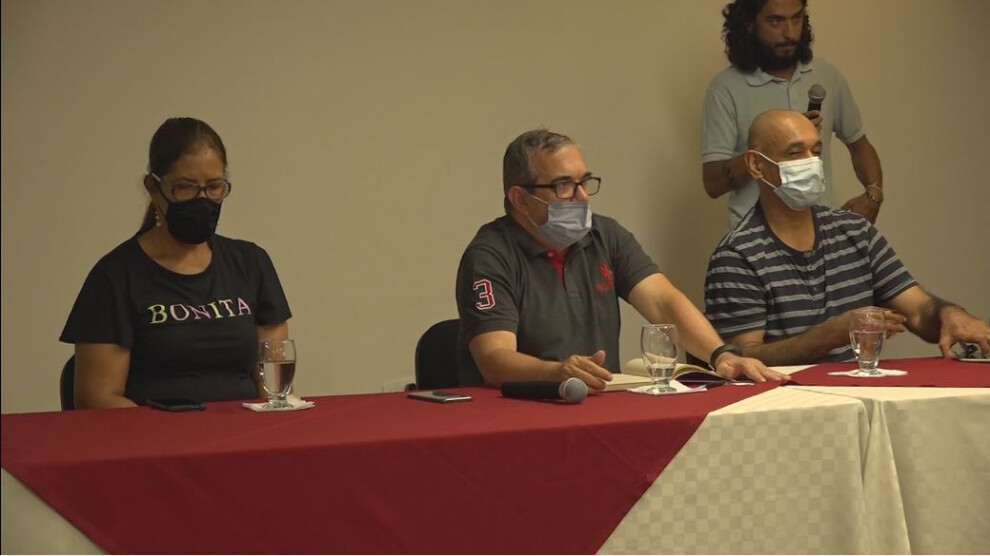Colombian party FARC set to change name at its General Assembly
The FARC party is holding is General Assembly. Party's leader Rodrigo Londoño (Timochenko) said the party will change its name so to broad participation.
The FARC party is holding is General Assembly. Party's leader Rodrigo Londoño (Timochenko) said the party will change its name so to broad participation.

The FARC party, created after the signing of the Final Peace Agreement in Havana between the Colombian government and the guerrilla of the FARC-EP confirmed that it will change its name to move away from the acronym that identified the most powerful guerrilla in America for more than half a century.
After signing the Final Peace Agreement in Havana on 24 November 2016 with the then government of Juan Manuel Santos (2010-18), the rebels of the Revolutionary Armed Forces of Colombia were transformed into the political party Fuerza Alternativa Revolucionaria del Común, both abbreviated as FARC.
"Dynamics and practice have shown us that it is very complicate to maintain the FARC name, not because we are sorry or we are ashamed of it, but because it was the name we used in the war," told ANF the party president and former FARC commander Rodrigo Londoño (Timochenko) ahead of the Party’s general Assembly which began on Friday and will end on Sunday.
Londoño said that "the conflict left a lot of pain" and that the name FARC "is closely linked to that colour left by the war."
Since the founding congress of the party, the last commander-in-chief of the guerrilla has bet on a different name, but the initiative was not carried on until today.
The new party name will be announced during the FARC assembly which is taking place mostly online and with a year delay due to the coronavirus pandemic.
“The main problem we have – said Londoño – is the government of Ivan Duque not implementing the final peace agreement. This leads to the continuous killing of our former fighters as well as social leaders and human rights defenders.” Indeed, in the first 22 days of 2021 already 21 social leaders and activists have been killed.
“As far as we are concerned – said Londoño - we fulfilled what was agreed to the letter: We decommission all our weapons and ammunition as the UN could very well certify. We were assigned 10 seats in parliament, and we formed a political party.
Economic reincorporation for the former guerrillas has advanced at a snail's pace from the beginning and the little that has been achieved has been largely due to the personal efforts of the signatories and some support from the international community. As to the guarantees, the murder of more than 250 signatories, the threats, the forced displacements and the stigmatization that the government itself encourages, says it all.”
Londoño added: “The way to reverse this trend is first of all by organizing the defense of what was agreed upon through mass actions, such as the long march, and working hard so that a candidate who is committed to implementation will emerge victorious in the presidential elections of 2022.
That is what we must dedicate our fundamental effort to in the coming months, and I reiterate, that is why it is essential that the Assembly that we are carrying out clearly and correctly mark the way forward.”